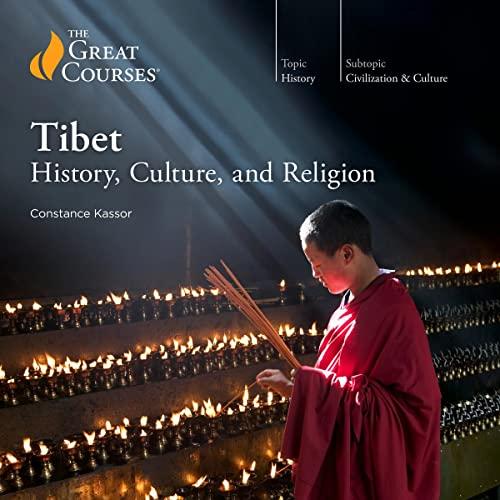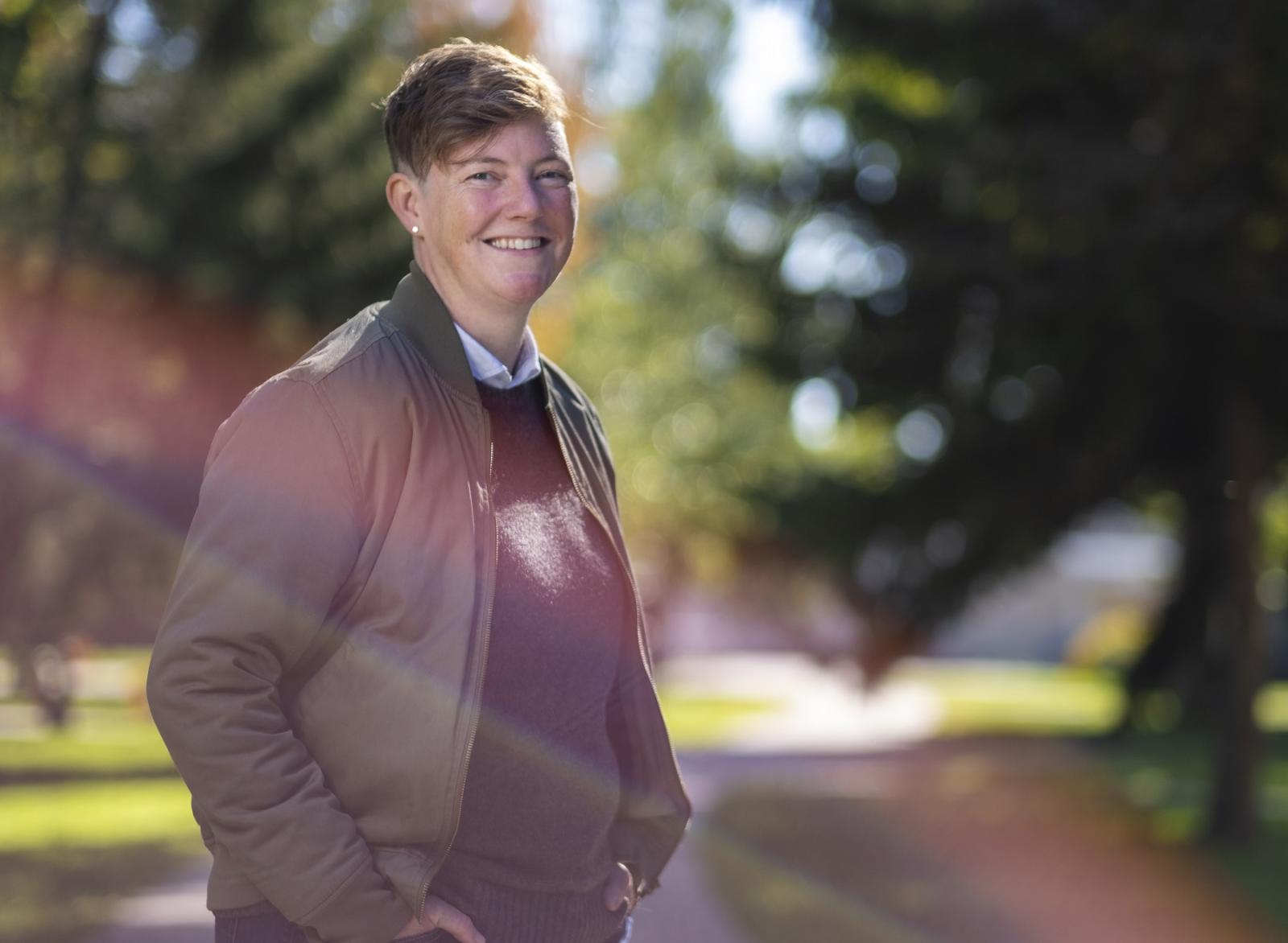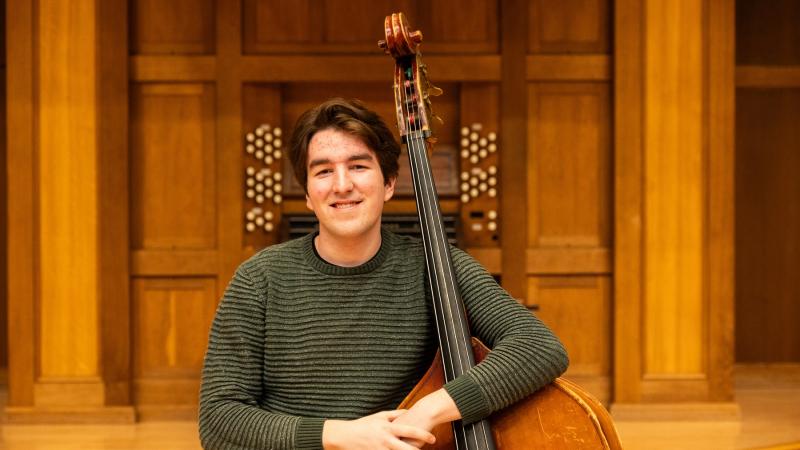A Wondrium video course on Tibet written and narrated by Lawrence University professor Constance Kassor has won a 2024 Telly Award.
The 24-part lecture series, Tibet: History, Culture, and Religion, won a Silver Award in the Education and Training – Non-Broadcast category. The video series, released in May 2023, is built upon the research and expertise of Kassor, associate professor of religious studies and special assistant to the president at Lawrence.
The Telly Awards honor excellence in video and television across all screens. More than 13,000 entries were submitted.
“Telly Award winners represent work from some of the most respected advertising agencies, television stations, production companies, and publishers from around the world,” the organizers said.
Take courses on world religions, as well as interdisciplinary courses that explore the broader implications of religious traditions throughout history.
The Wondrium team leading Kassor in the development of the Tibet series included producer Tom Kryzwicki and content developer Elliot Blair Smith.
Kassor said the entire project took two years to complete. The first 18 months—spring of 2021 to late 2022—were spent researching, writing, and working with the content developer to craft all 12 hours of material. Kassor then spent a week in December 2022 at Wondrium’s offices in Chantilly, Virginia, recording the series. Over the next six months, Kassor worked with the production team to create the final edits, including putting Tibetan text and relevant maps and images on screen, before it was released in May 2023.
“This project was a massive undertaking that took a lot of time and involved a huge team,” Kassor said. “I'm genuinely surprised to get the news about this award, and I'm delighted that this is something that others have found beneficial and engaging.”

Tibet: History, Culture, and Religion was released by Wondrium in May 2023.
The series teaches about the history, culture, religion, and political contention of the Tibetan plateau, commonly referred to as “the roof of the world.” The lectures, ranging from 18 to 30 minutes, take learners from prehistory to present day, and touch on Buddhism, Tibetan food, the Dalai Lamas, and more.
“If Tibet is in people’s consciousness at all, it’s this image of some faraway place,” Kassor said. “What I wanted to show is that it’s a real, complex place and not some idyllic, untouched place.”
Kassor has been a member of Lawrence's religious studies faculty since 2016. She primarily teaches courses on Buddhist thought and Asian religious traditions. Her research focuses on Tibetan Buddhist philosophy.




